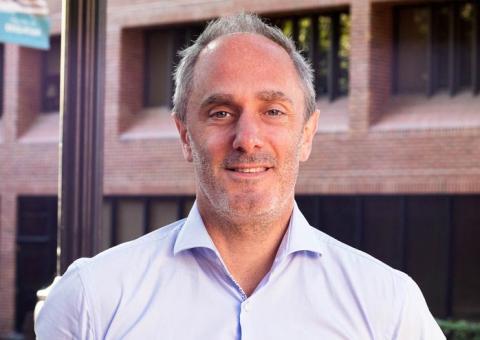Gulf Scholars Program
The National Academies’ Gulf Research Program has launched the Gulf Scholars Program (GSP), a five-year pilot program seeks to build the capacity of Gulf-based IHEs in preparing undergraduate students to work across these complexities and who will serve the Gulf of...
Research Spotlight: Nigel Newbutt
Q & A with Nigel Newbutt, Assistant Professor in the School of Teaching and Learning
